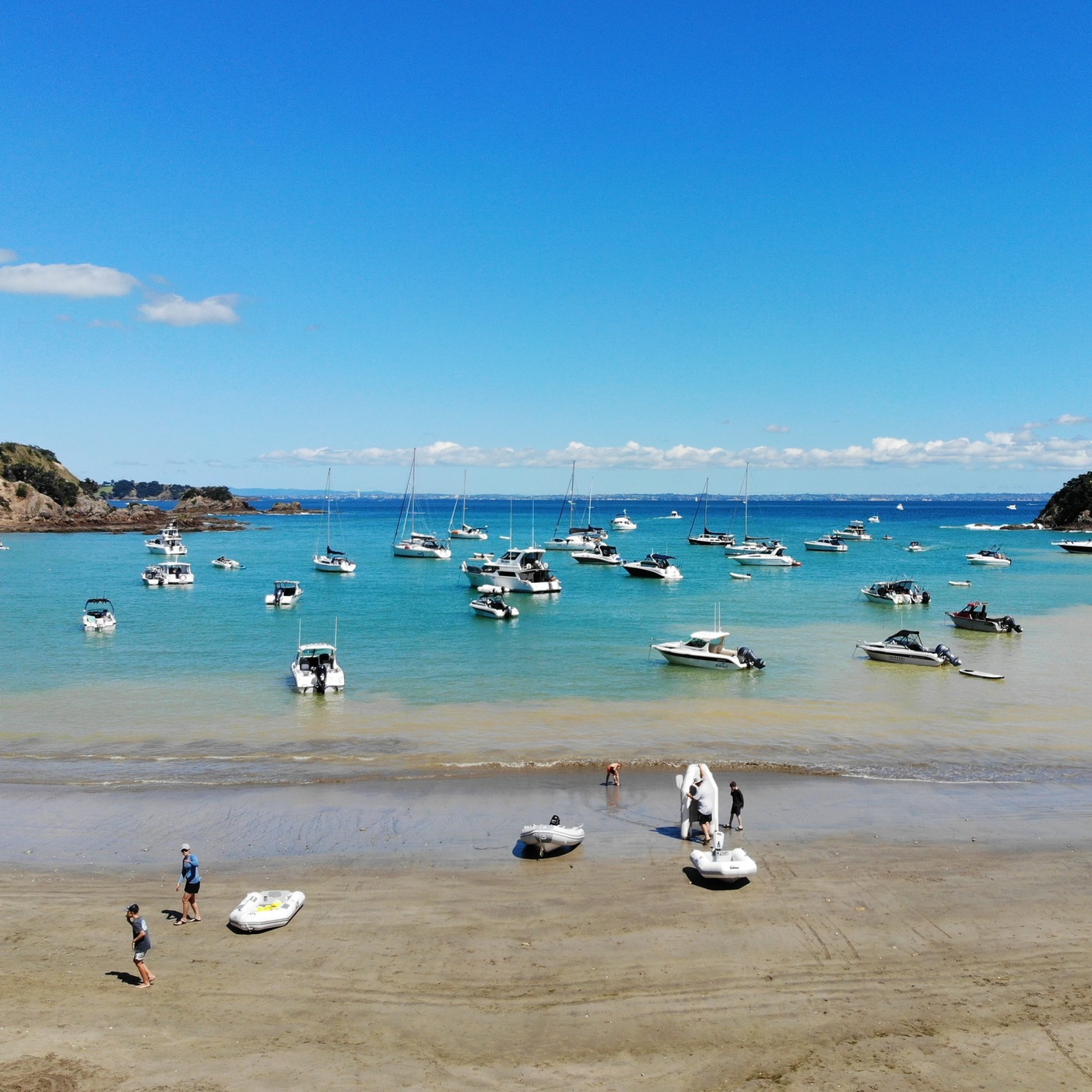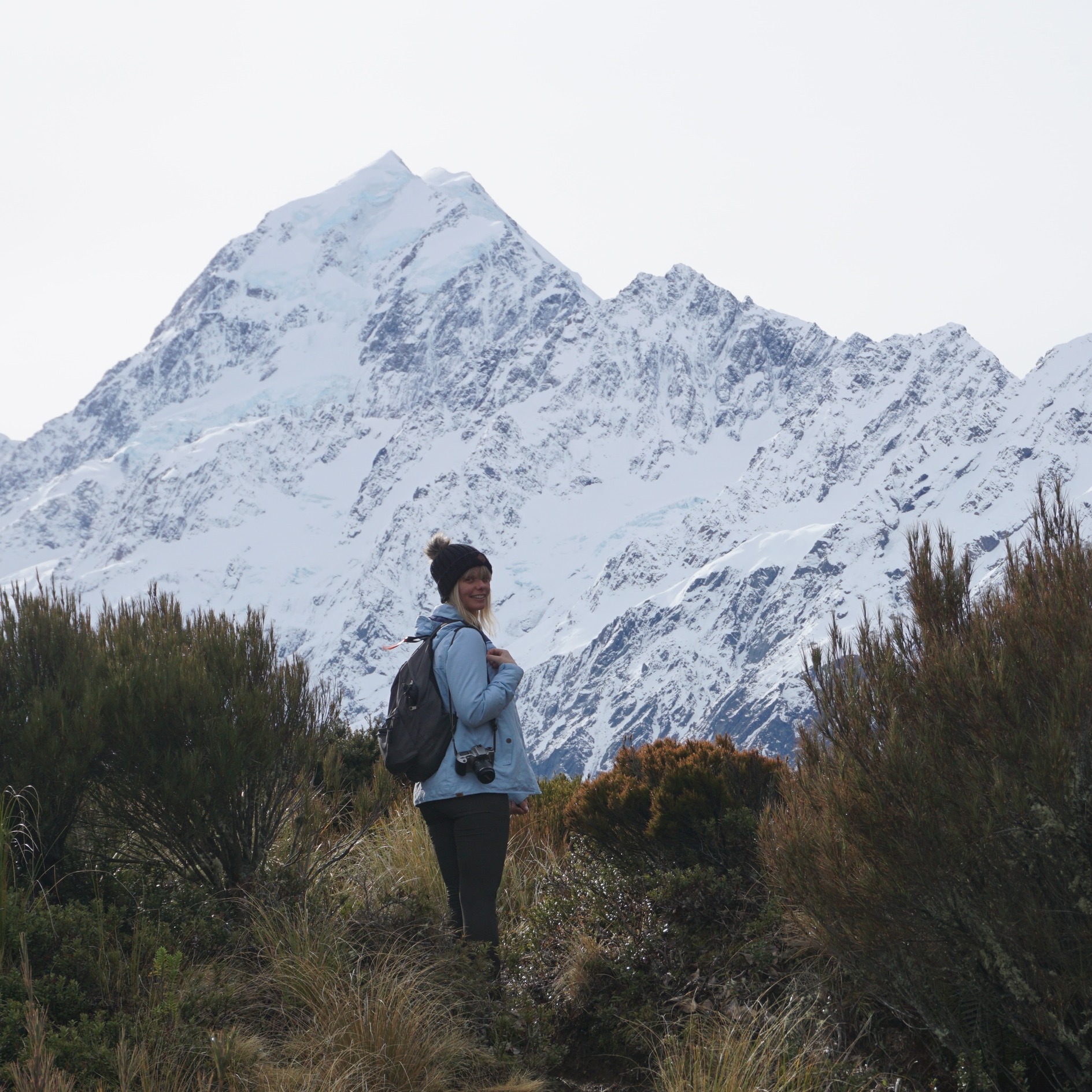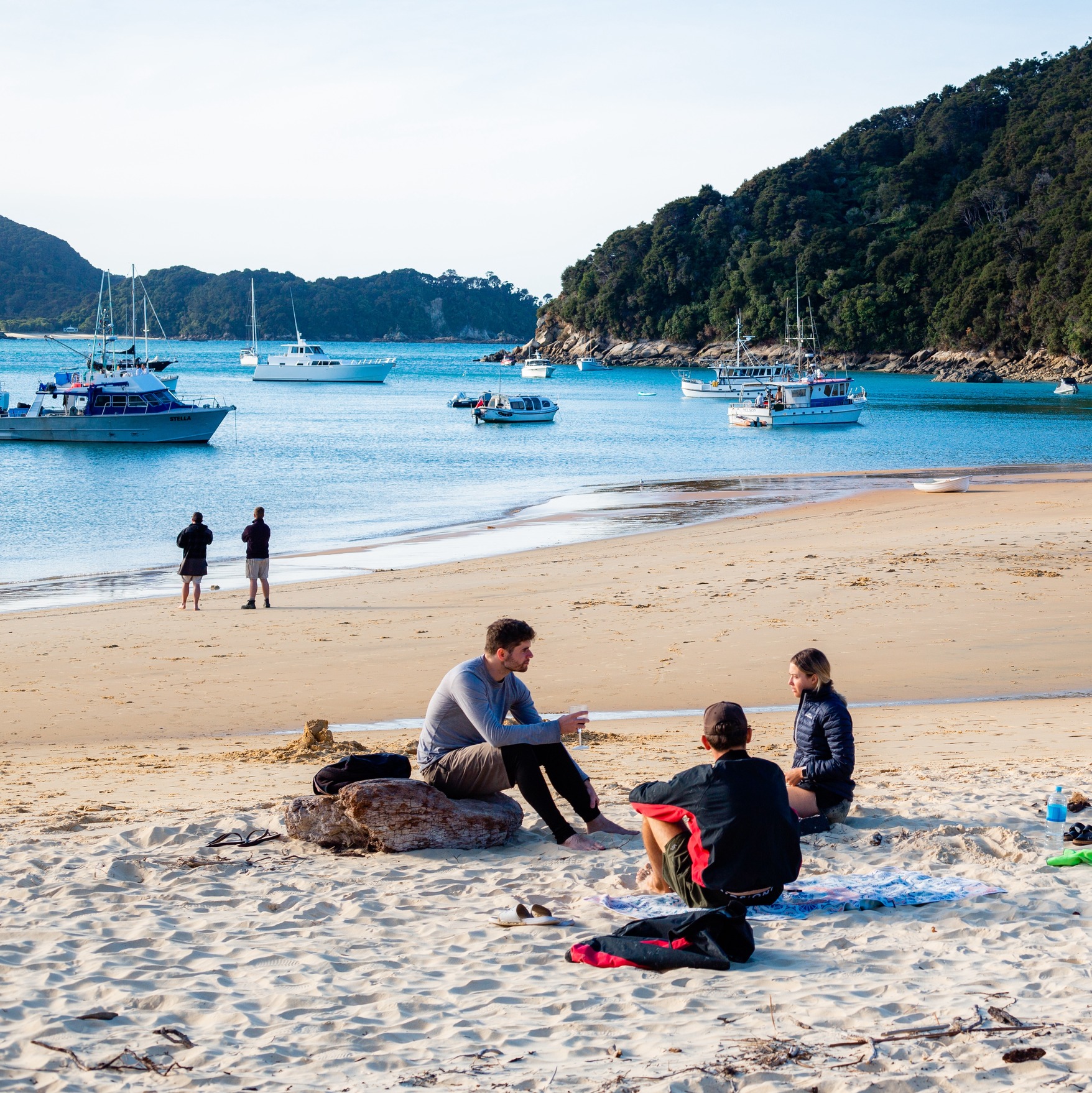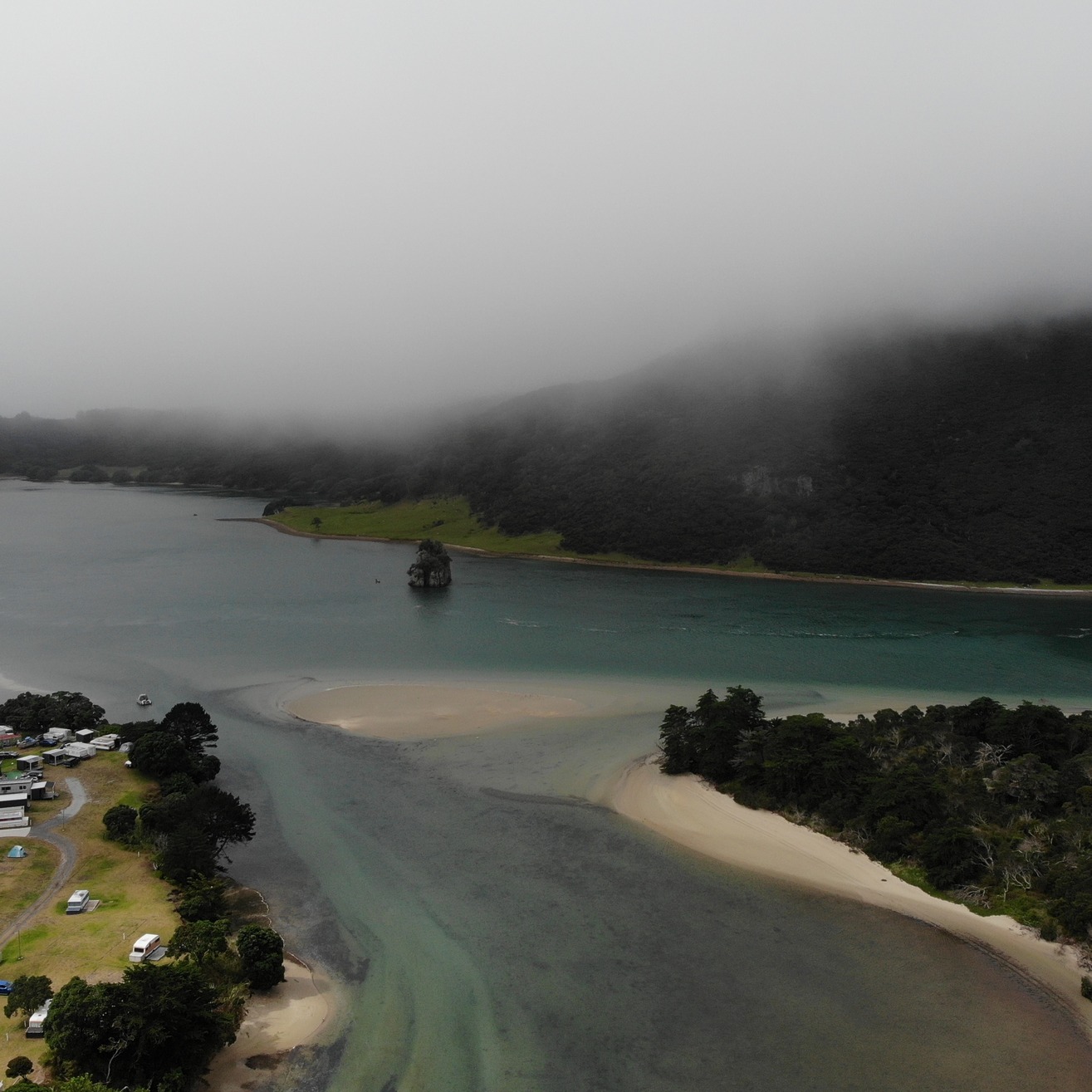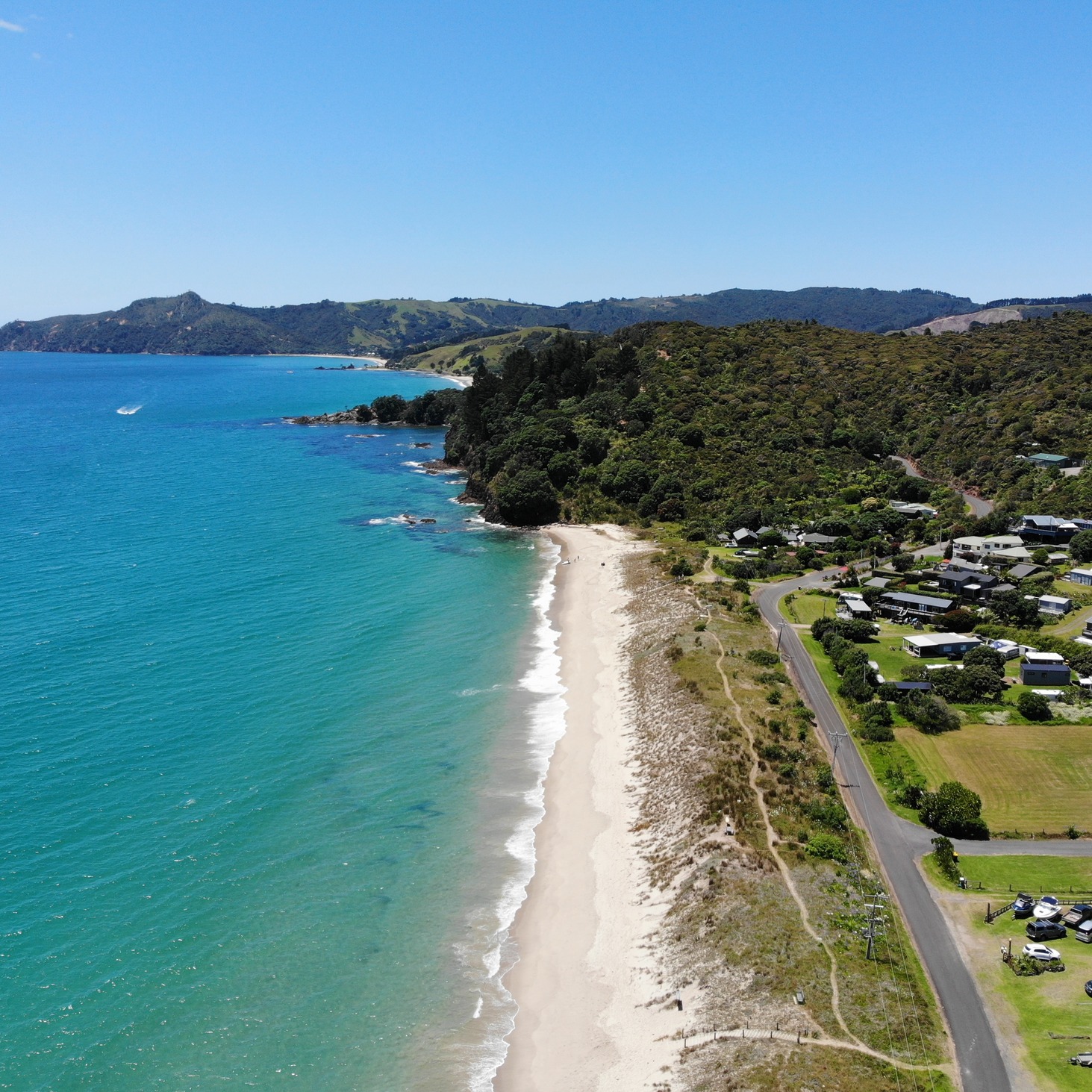
New Zealand is my home and where my heart will always be. I was born and raised in this beautiful country, grew up on a farm and then spent my working life so far in the city. While there are hundreds of good things about New Zealand I want to touch on the bad things about living in New Zealand so you can weigh up the pros and cons and make a decision for yourself.
I have lived in five different countries now and can honestly say NZ is up there for quality of life. The reason why I left New Zealand was mostly for travel and more opportunities. With every country there are always going to be challenges so here are seven bad things about living in New Zealand.
Cost of Living
The biggest issue with living in New Zealand is the high cost of living. Renting or buying a house is extremely expensive. Groceries and fuel will also take a large sum of your paycheck each week.
Wise Move says, “The median income in New Zealand is NZ$29.66 per hour or an annual salary of NZ$61,692 for a 40-hour week. Salaries differ depending on the region and the industry. Larger cities like Auckland and Wellington pay higher wages to keep up with the higher cost of living”
Taxes in NZ are based on your income or salary level:
- 10.5% tax on income from NZ$0 to NZ$14,000.
- 17.5% tax on income from NZ$14,001 to NZ$48,000
- 30% tax on income from NZ$48,001 to NZ$70,000
- 33% tax on income from NZ$70,001 to NZ$180,000
- 39% tax on income from NZ$180,01+
Wise Move adds “The cost of living in New Zealand, for one person in a major city, is between NZ$4,000-NZ$5,000 per month. A family of four can expect to need NZ$6,000-NZ$7,000 per month to live“
There are many more factors to consider that come with a high price tag such as groceries, dental and health care and transport.
Limited Career Opportunities
Certain sectors in NZ such as agriculture, tourism, and tech, are thriving. However, the job market can be limited in other areas. Those who are in specialised fields might find it hard to enter the market.
Other factors to consider are:
Small Job Market: with a population of only 5 million this naturally leads to fewer jobs being available and in some areas high levels of competition.
Limited Corporate Presence: The country has fewer multinational corporations and large companies compared to larger economies. This means there are fewer opportunities for high-level corporate positions.
Geographic Limitations: The majority of job opportunities are in cities like Auckland, Wellington, and Christchurch. For those living in or wanting to move to smaller towns or rural areas, finding jobs can be significantly more difficult.
Natural Disasters
New Zealand’s location and geological features make it prone to various natural disasters. Here are some of the natural disasters we have dealt with in the past:
Earthquakes: situated on the boundary of the Pacific and Indo-Australian tectonic plates, this makes NZ highly susceptible to earthquakes. The 2010 and 2011 Canterbury earthquakes, caused major damage in Christchurch, resulting in loss of life, property destruction, and long-term economic impacts.
Volcanic Eruptions: New Zealand has several active volcanic regions, such as the Taupo Volcanic Zone and the Auckland Volcanic Field. However, NZ has robust volcanic monitoring systems in place, providing early warnings and evacuation plans to minimise the impact of eruptions.
Flooding: New Zealand’s varied climate means that heavy rainfall and storms are common, leading to river and flash flooding, especially in areas with poor drainage.
Limited Public Transport
Public transport in cities like Auckland, Wellington, and Christchurch are relatively well-developed. These cities have bus networks, trains, and, in Wellington cable cars. However, even within these cities, there are gaps in coverage and frequency, particularly in suburban and outer areas.
Rural areas and smaller towns often have limited or no public transport services. In these regions, personal cars are required for daily commutes and other travel needs.
Isolation
New Zealand is located in the southwestern Pacific Ocean, 2,000 kilometres southeast of Australia. This distance from other major landmasses means that New Zealand is relatively isolated from the rest of the world.
Long Travel Times: Traveling to and from New Zealand involves long flight times. For example, a direct flight to the US West Coast takes around 12-13 hours, while flights to Europe can take over 24 hours with layovers. This can be exhausting and expensive, making international travel less frequent.
For expatriates and immigrants, the distance from their home countries means being far away from family and friends. This can lead to feelings of loneliness and isolation, especially during significant life events or emergencies.
Housing Shortages
New Zealand has experienced significant population growth in areas like Auckland, Wellington, and Christchurch. This increase in population has outpaced the construction of new housing, leading to a demand-supply imbalance.
Property prices in New Zealand have been rising steadily over the past few decades. Cities like Auckland have seen particularly sharp increases, making it difficult for many people to afford homes. As property prices rise, so do rents. Many people find it increasingly difficult to afford rental properties. This is particularly challenging for low-income families and young people.
Health Care
Access to healthcare in New Zealand is generally good, but there are challenges that affect different segments of the population.
Urban areas like Auckland, Wellington, and Christchurch have more comprehensive healthcare services and facilities compared to rural areas. Rural residents often have limited access to healthcare providers, specialists, and emergency services, requiring them to travel long distances for care.
There is a shortage of healthcare specialists, including surgeons, mental health professionals, and pediatricians. Patients requiring specialist care may face long waiting times for appointments and procedures.
Public System: New Zealand’s public healthcare system provides essential services free of charge or at a low cost. However, the system is under strain, leading to long wait times for non-urgent procedures and specialist consultations.
Private Healthcare: Those who can afford private healthcare can access faster treatment and a broader range of services. However, the cost of private health insurance and out-of-pocket expenses can be prohibitive for many people.
Living in New Zealand can give you a high quality of life. However, it’s important to weigh the pros and cons before making the decision to move. Read my blog post on the pros and cons of living in New Zealand. While the stunning landscapes and vibrant culture are significant advantages, challenges such as limited career opportunities, natural disasters, housing shortages, and healthcare access can impact daily life in New Zealand.
The country’s isolation, both geographically and culturally, further complicates matters, affecting everything from travel to economic vulnerability.
While many find joy and satisfaction in the Kiwi lifestyle, others might come to the decision, “Don’t move to New Zealand,” based on the challenges mentioned. Understanding the full spectrum of living in New Zealand’s pros and cons will help you make an informed decision about whether this beautiful but complex country is the right fit for you.
